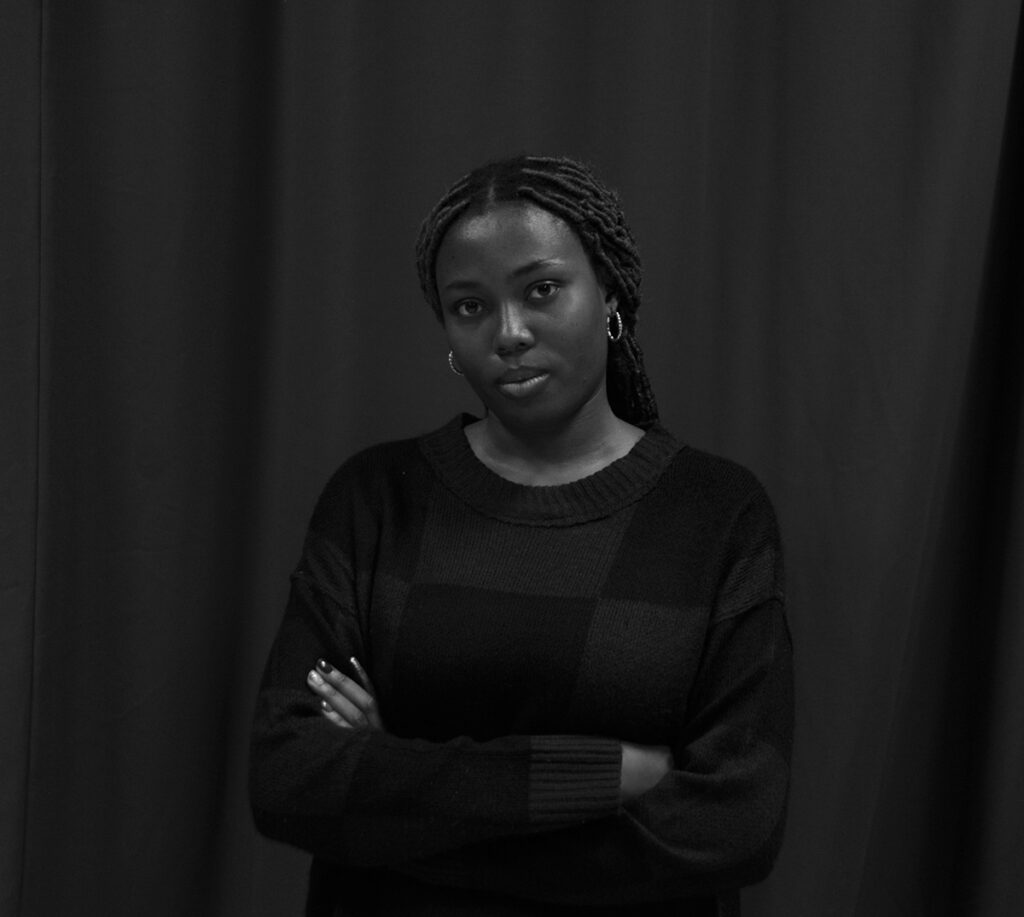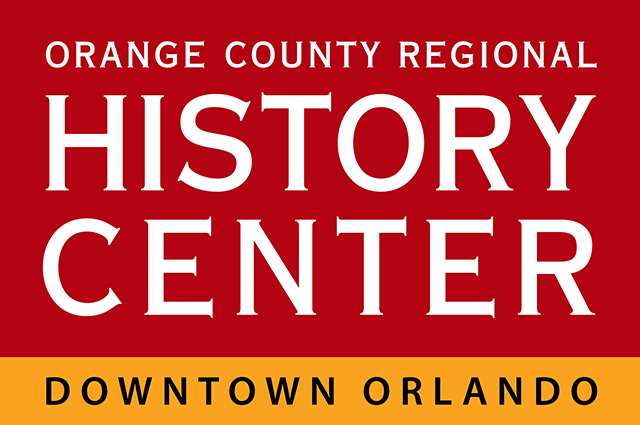
By Adedoyin E. Adekunle, 2023 University of South Carolina Oral History Fellow
Through the generosity of one of our donors, the History Center is able to offer two paid fellowships each summer through the University of South Carolina’s graduate public history program. These virtual fellowships typically involve working with the museum’s vast oral history collection as well as learning about other departments and career opportunities in museums.
To me, public history is one of the many diverse ways of putting history to work. In my view, I believe it entails the preservation and presentation of history, using individual knowledge, understanding, and human interaction with historical events dependent on actions, deeds, material culture, and material residue. Thus, getting an oral history fellowship opportunity was surreal because working as an oral historian, primarily transcribing history for the purpose of historical preservation was an unfamiliar field for me. My mind was a tabula rasa, eager to be fed, and ready to make an impact and be impacted in turn, and I can confidently say that I achieved both.
The first two weeks of working with the History Center passed by without significant awakening. But the third week was one that opened plenty of room for deep thought, reflection, and introspection. There is a section in the audio log template (a timestamped index of an interview) that had gone unintentionally ignored by me but took me by surprise that Tuesday – just three words, really, but it reads “Audio Log Author.” Up until that day, I had written my name and never really thought much about the significance of my participation in the conversation, and in turn, the history of the History Center, and most significantly, Orlando history. I became a part of the story.
Completing the interviewee Noga Rose Grosman’s audio log that week, I was both sympathetic and conflicted by its overarching narrative – the unwavering emotions she expressed as a second-generation Holocaust survivor after she had learned about her parents’ trauma through watching Spielberg’s Schindler’s List, and how the awareness of the in-depth examination of this historical event further shaped her life.
Trauma was not new to me, having grown up in a society riddled with violence, fear, and injustice, but hearing her voice waver during the interview when discussing the Holocaust, as well as hearing her hearty laughter when discussing her passion for art offered deep meaning. To hear a woman more than five decades older than me bare such emotions was the awakening I needed, and I got it in the solace of my room. I promised myself I would always go the extra mile in preserving the delicate life of each person I listened to, and to ensure that in the future, when their history becomes a meaningful moment in Florida, and possibly the United States, they are remembered because I paid attention to minute details and used my skills to help the public understand who they want to be remembered as.
Moving forward, I became extremely vested in the life of my subjects, and needed to know how they fared, challenging historical objectivity despite my awareness of the fluid state between the socio-historical process of writing history and what history really is. However, I regained objectivity through admiration of the domestic intrigue and professionalism of the History Center’s oral historians. I realized the staff oral historian’s introductory phrase, “this interview is being conducted in accordance with our mission to preserve Central Florida history,” meant to me that the fellowship was of a very high purpose.
Prior to my fellowship, I had gained skillsets working with tangible material culture at historical centers and museums, but I had not fully realized the intricate process of connecting with such historical concepts. I can say, however, that dealing with oral history was the breakthrough I certainly needed because it gave me a new perspective and broadened my horizon from being focused on just the physical. The information I heard from the audio logs gave me a brand-new perspective into deciphering the tone and sensitivity behind language and helped me construct a truer identity of the subject.
In an era dominated by written records and digital media, the significance of oral history cannot be overemphasized. The accounts I logged while doing my fellowship are like hidden gems, offering insight that may not be found elsewhere. This is why I refer to history as science, because oral history humanizes historical events, providing a nuanced perspective that compliments traditional archival research. By recording and documenting these narratives, we ensure that the experiences of ordinary individuals are preserved, and that future generations can learn of the struggles, triumphs, and wisdom.
Undertaking a fellowship in oral history presented its own set of challenges. Some interviewees struggled to recall specific details, while others faced emotional difficulties in revisiting traumatic experiences. However, the rewards were immeasurable. Every interview was a unique opportunity to delve into the past, understand diverse viewpoints, and contribute to the preservation of history. Being a part of the process with the History Center was truly gratifying.
Overall, my fellowship in oral history at the History Center was an extraordinary journey that deepened my appreciation for the power of personal narratives in shaping our understanding of the past and our cultural history, as well as economic and environmental evolution. Through the collection and preservation of oral histories, we create a new life, breathing life into historical events and exploring the evolution of the science of history and tradition. Moving forward with this enlightenment, I am inspired to refer to myself as a public historian, with a concentration in the science of history and preservation. My commitment was deepened because the History Center afforded me the opportunity to champion the voice of the past and fostered a greater understanding within a collective heritage.

